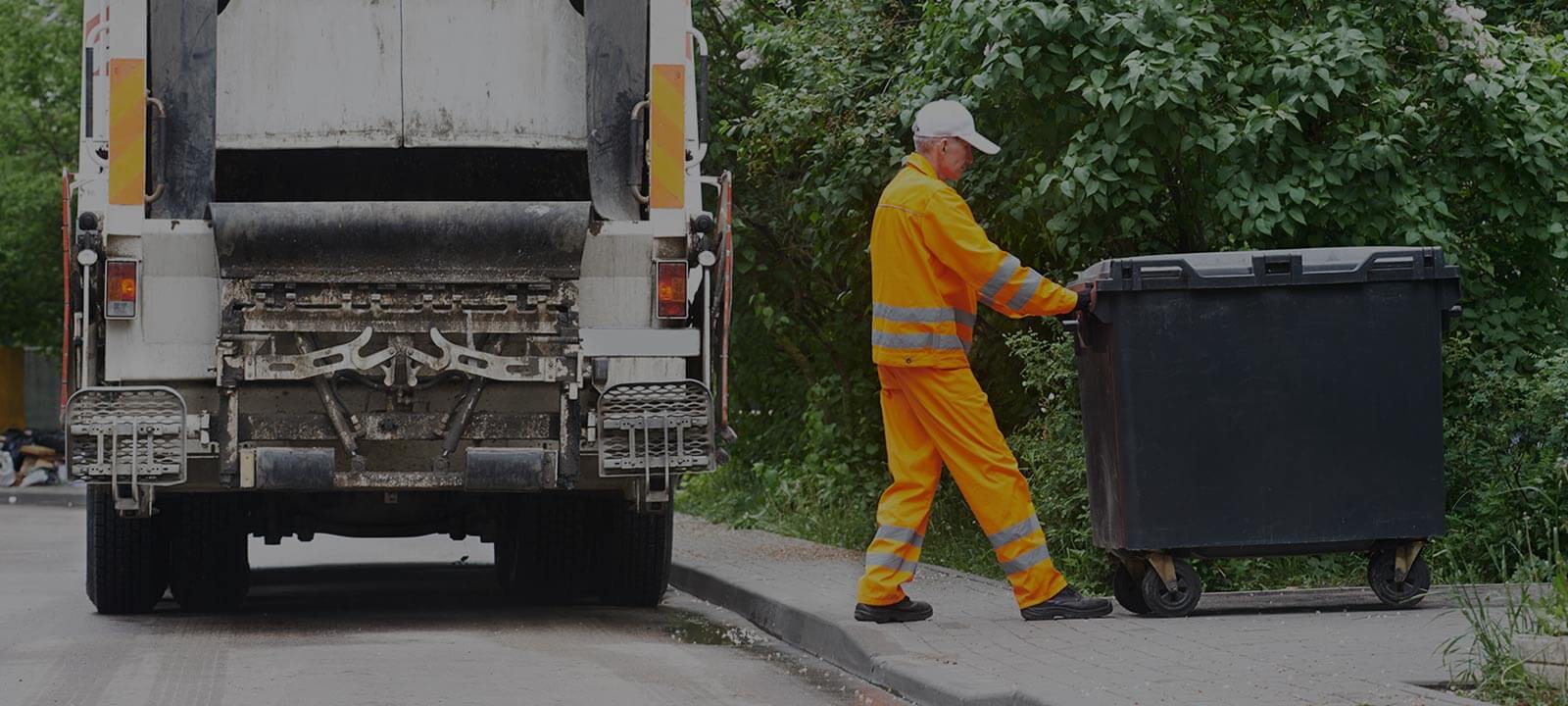Eco-Conscious Biodegradable Waste Tips
Posted on 10/03/2025
In today's world, the increasing concern over environmental pollution and waste management drives individuals and communities to adopt eco-conscious practices. One of the most significant aspects of reducing environmental footprints is managing biodegradable waste effectively. Biodegradable waste, which includes organic materials such as food scraps, garden waste, and paper products, can be converted into valuable compost or energy if handled properly. Here, we'll explore some essential tips on managing biodegradable waste in an eco-friendly manner.
Understanding Biodegradable Waste
Before diving into the tips, it's important to understand what biodegradable waste is. Biodegradable waste refers to any organic matter that can be broken down by microorganisms into simpler, non-toxic substances. This type of waste is naturally decomposed by bacteria, fungi, and other organisms, turning into nutrient-rich compost or methane gas, depending on the conditions. Common types of biodegradable waste include:
- Food scraps and leftovers
- Fruit and vegetable peels
- Garden waste such as leaves, grass clippings, and branches
- Paper and cardboard products
- Wood and wood products

Why Manage Biodegradable Waste?
An essential question is, why should we focus on biodegradable waste management? Here are some compelling reasons:
- Environmental Protection: Properly managing biodegradable waste reduces greenhouse gas emissions, primarily methane, which is a potent contributor to climate change.
- Soil Health: Composting biodegradable waste produces rich, organic matter that enhances soil fertility and structure, promoting healthier plant growth.
- Waste Reduction: Efficient biodegradable waste management substantially decreases the amount of waste directed to landfills, extending their lifespan and reducing the need for new landfill sites.
- Resource Conservation: Recycling biodegradable waste conserves natural resources and reduces the energy consumption involved in manufacturing new products from raw materials.

Eco-Conscious Biodegradable Waste Tips
Now that we understand the importance of managing biodegradable waste, let's delve into some actionable tips for handling it in an eco-friendly manner:
1. Composting at Home
Composting is one of the most effective ways to manage biodegradable waste. By composting organic matter such as food scraps and yard waste, you can create nutrient-rich soil amendment for your garden. Here are some composting tips:
- Select a Composting Method: Choose a composting method that suits your living situation. Options include traditional compost bins, vermicomposting (using worms), and bokashi composting (anaerobic fermentation).
- Avoid Compostable Plastics: Despite their name, compostable plastics often require industrial composting facilities to break down. Stick to natural organic waste for your home composting system.
- Maintain a Balance: For optimal composting, maintain a balance between green (nitrogen-rich) and brown (carbon-rich) materials. Greens include fruit and vegetable scraps, coffee grounds, and grass clippings, while browns include dry leaves, paper, and cardboard.
- Turn the Pile: Regularly turning the compost pile helps aerate the material, speeding up the decomposition process.
- Monitor Moisture Levels: Keep the compost pile moist but not soggy. If it's too wet, add dry brown materials, and if it's too dry, add some water or green materials.
2. Separate Waste at the Source
One of the most straightforward ways to manage biodegradable waste is by separating it at the source. By creating designated bins for organic waste, recycling, and non-recyclable waste, you can ensure that biodegradable materials are properly sorted and managed.
- Kitchen Bins: Place a small bin in your kitchen to collect food scraps and other organic waste. Make sure to empty it regularly into a larger compost bin or take it to a local composting facility.
- Yard Waste Bins: Use separate bins for garden waste such as leaves, grass clippings, and branches. Many municipalities offer yard waste collection services that turn this waste into compost or mulch.
3. Support Community Composting Programs
If you don't have the space or resources to compost at home, consider participating in community composting programs. Many cities and towns offer composting services either through curbside collection or drop-off locations. Supporting these programs not only helps manage biodegradable waste but also encourages municipalities to invest in sustainable waste management practices.
4. Reduce Food Waste
Reducing food waste is a crucial aspect of managing biodegradable waste. Here are some tips to minimize food waste:
- Plan Meals: Plan your meals in advance to avoid buying unnecessary items that may go to waste.
- Use Leftovers: Get creative with leftovers by incorporating them into new dishes or freezing them for later use.
- Store Food Properly: Proper storage can extend the shelf life of food. Use airtight containers, refrigerate perishables, and follow the "first in, first out" rule.
- Donate Excess Food: If you have surplus food that you can't consume, consider donating it to local food banks or shelters.
5. Opt for Biodegradable and Compostable Products
Choosing biodegradable and compostable products can contribute significantly to eco-friendly waste management. Look for products made from natural materials such as bamboo, paper, and plant-based plastics. Here are some examples:
- Biodegradable Utensils and Plates: Use biodegradable or compostable utensils, plates, and cups for events and gatherings. They break down more rapidly than traditional plastics.
- Natural Fiber Textiles: Purchase clothing, towels, and linens made from natural fibers like cotton, hemp, and wool, which decompose more quickly than synthetic fabrics.
Conclusion
Managing biodegradable waste is a crucial part of protecting the environment and conserving resources. By implementing these eco-conscious tips--composting at home, separating waste at the source, supporting community composting programs, reducing food waste, and opting for biodegradable products--we can make significant strides toward a more sustainable future. Each small action contributes to a larger collective effort, helping to reduce our environmental footprint and creating a healthier planet for future generations.
Embrace these practices and inspire others to follow suit. Together, we can make a tangible difference in how we manage biodegradable waste and foster a more eco-conscious community.
Latest Posts
Reusing for Resource Conservation
Industry applauds government's dedication to improving e-waste recycling practices






